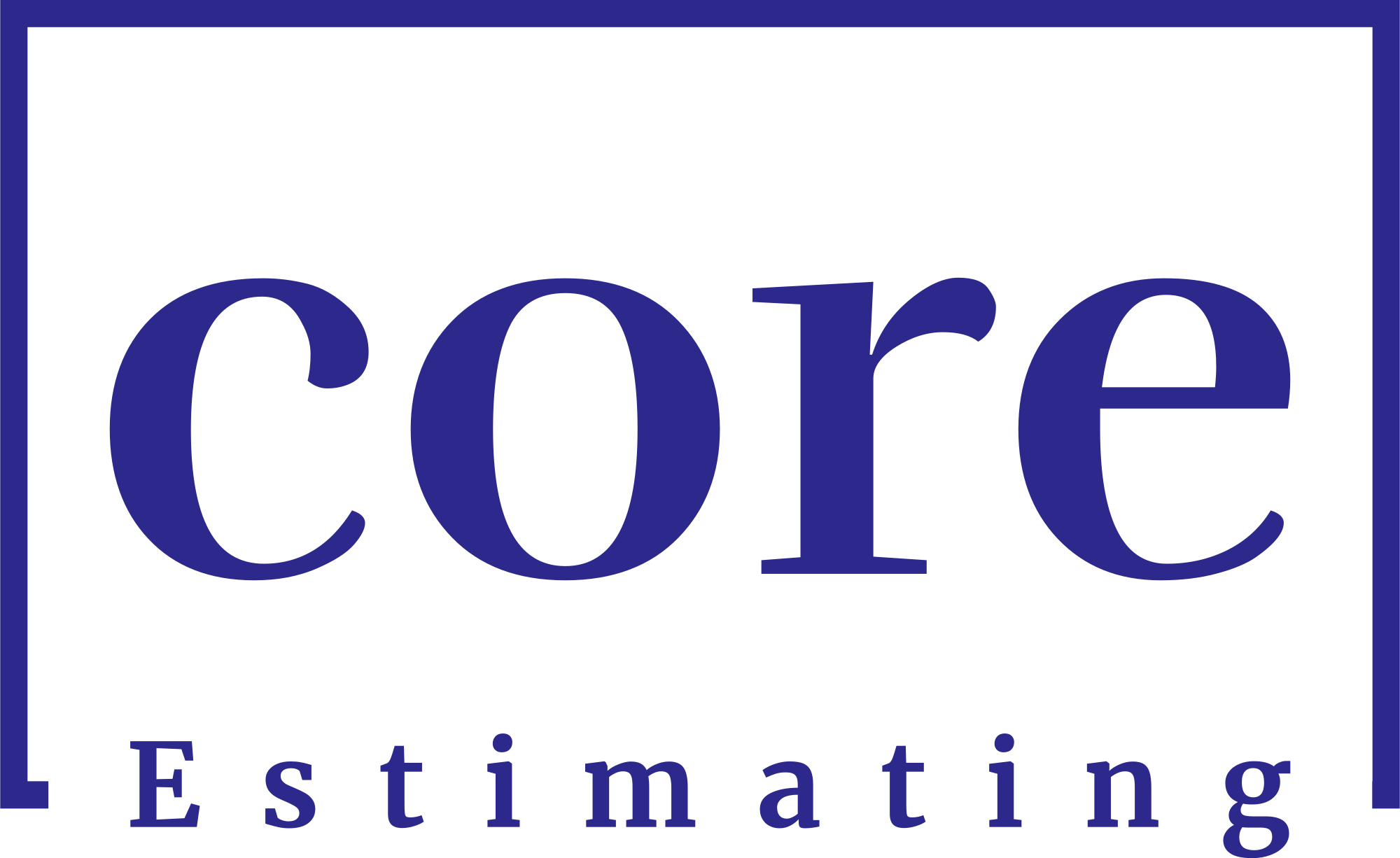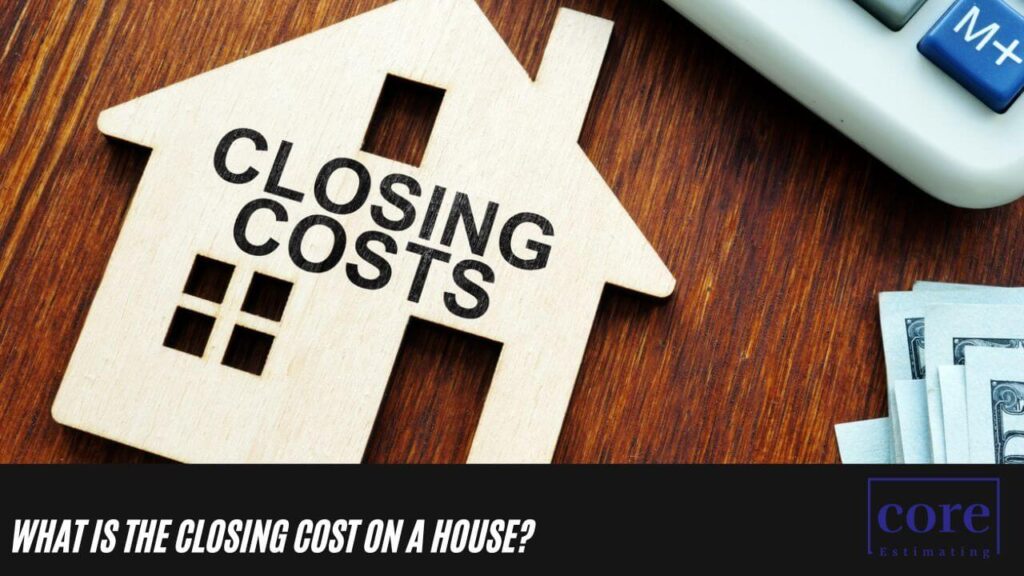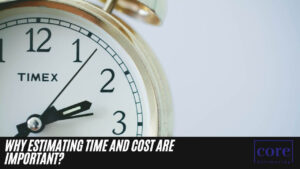When you’re in the process of buying or selling a home, the final step is what’s known as the “closing.” This is when everything is officially wrapped up, and ownership of the property changes hands. Typically, a closing can take place in the office of a title company or an attorney, or it can even be done online using digital signatures.
During the closing, both the buyer and seller settle various fees related to the transaction. This includes things like issuing the mortgage note and paying certain fees. If there were real estate agents involved, they’ll also receive their payment at this time. Sometimes, there are credits exchanged between the buyer and seller for things like property taxes and utilities.
On average, closing costs usually amount to around 2% to 5% of the property’s purchase price, and this doesn’t include any commission owed to a real estate agent.
By law, if you’re the borrower, either your mortgage lender or broker has to provide you with a Good Faith Estimate (GFE) of closing costs within three business days after they receive your loan application or all the necessary information.
At Credit Union of Southern California (CU SoCal), we strive to make the mortgage process as easy as possible for you. Give us a call at 866.287.6225 to schedule a consultation. We offer a range of financial products and services, including mortgages, home equity lines of credit, auto loans, personal loans, checking and savings accounts, and more. As a full-service financial institution, we’re here to assist you with all your banking needs.
If you’re in need of construction estimate services, simply go to homepage or follow the links below:
| Services | Links |
|---|---|
| Detailing Services | Link |
| Building Information Modeling | Link |
| General Contractor | Link |
| Subcontractors | Link |
| MEP | Link |
What are Closing Costs?
Closing costs for a mortgage encompass all expenses associated with applying for the loan and completing a real estate transaction. These costs can be divided into those related to the property itself and those associated with the services provided by the mortgage lender, as well as the paperwork involved in the process.
In home sales, both buyers and sellers typically bear closing costs. Sellers usually have their closing costs deducted directly from the sale proceeds, while buyers typically pay their portion out of pocket.
What is Included in Closing Costs?
Closing costs encompass a variety of expenses, whether paid by the homebuyer or seller. Here’s a list of what typically comprises closing costs:
- Application fee
- Credit check fee
- Origination fee
- Underwriting fee
- Appraisal fee
- Property survey fee
- Title search fee
- Title insurance policy
- Attorney fee
- Discount points
- Prepaid homeowners insurance premiums, mortgage insurance premiums, property taxes, and/or homeowners association (HOA) fees
- Per-diem interest
- Real estate agent commissions
- Transfer tax
- Recording fee
How Much are Closing Costs on a house?
When you apply for a mortgage, the lender or mortgage broker will provide you with a Good Faith Estimate (GFE), detailing the loan terms and the settlement charges, or closing costs. These costs can vary depending on the lender and the specifics of your loan.
Until you receive a GFE, the only charge permitted by loan originators is the cost of a credit report, according to the U.S. Department of Housing and Urban Development (HUD).
Who pays for closing costs?
Both the buyer and seller are responsible for different closing costs associated with the transaction. While some fees may be negotiable between the parties, others, particularly lender and government fees, are not.
Why are closing costs necessary?
Closing costs are essential for finalizing the transaction between all parties involved in the property sale, including the seller, buyer, title company, possibly attorneys, and real estate agents.
What is included in mortgage closing costs?
Buyer closing costs include:
- Mortgage application fee: Charged by lenders for processing the loan application.
- Closing fees: Also known as escrow or settlement fees, covering the management of funds and documents related to the transaction.
- Appraisal fee: Required by lenders to determine the property’s market value.
- Attorney fees: Optionally paid by the homebuyer for legal assistance during the closing process.
- Courier fee: Covers document delivery, though may be waived for digital closings.
Seller closing costs may include:
- Escrow fees: Similar to buyer closing costs, for managing funds and documents.
- Attorney’s fees: Optionally incurred by the seller for legal counsel during closing.
- Credits toward closing costs: Provided by the lender or seller, possibly for repairs or to cover buyer’s closing costs.
- HOA fees: If applicable, fees for maintaining community amenities.
- Prorated property taxes: Calculated by the closing agent based on taxes already paid and owed.
Closing costs are crucial for ensuring a smooth and legally binding property transfer, encompassing various expenses associated with the transaction.
Can I negotiate the closing costs with the seller?
In some instances, the seller might be open to covering a portion of the buyer’s closing costs, known as a “seller’s concession.” Sellers may offer concessions to facilitate the sale, especially if they are motivated to sell or have encountered difficulty selling the property.
However, there are limitations on how much sellers can contribute, depending on the type of loan. Your lender can assist in determining these thresholds:
- FHA loans: Sellers may contribute up to 6% of closing costs.
- VA loans: Sellers may contribute up to 4% of closing costs.
- Conventional loans: Contribution limits vary based on the down payment amount:
- Less than 10% down: Up to 3% contribution.
- 10% to 24.99% down: Up to 6% contribution.
- 25% or more down: Up to 9% contribution.
When are closing costs paid?
Closing costs are typically paid on a mutually agreed-upon closing date by both the home seller and the buyer. By law, your lender must provide you with a Closing Disclosure at least three business days before the closing. This document details the loan terms and costs, allowing you to review and verify the information before finalizing the transaction.
Can I roll closing costs into my mortgage?
Yes, some closing costs can be rolled into your mortgage amount. While this approach reduces the immediate need for cash at closing, it increases the loan amount, leading to additional interest payments over time. It’s advisable to save for closing costs separately whenever possible to minimize long-term interest expenses.
How to save for closing costs?
Start saving for closing costs as early as possible. Even small monthly contributions can add up over time. For example, setting aside $200 per month can accumulate to $2,400 in a year, helping cover closing expenses. If you choose to roll closing costs into your mortgage, saved funds can be allocated for home improvements or other expenses after moving in.
Thinking of buying a home?
Use a mortgage qualifier calculator to estimate your monthly payments and determine a suitable budget for your new home. This tool provides valuable insights into your affordability and helps plan for the home buying process effectively.






